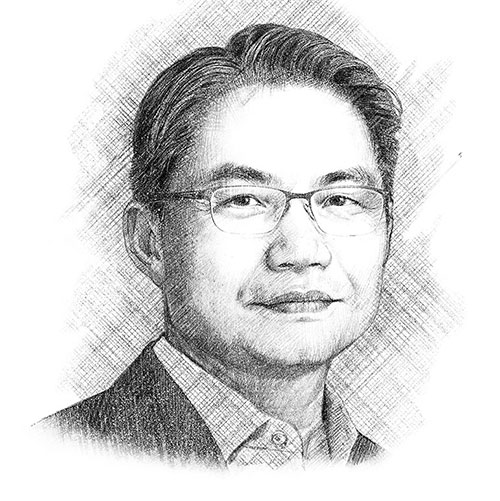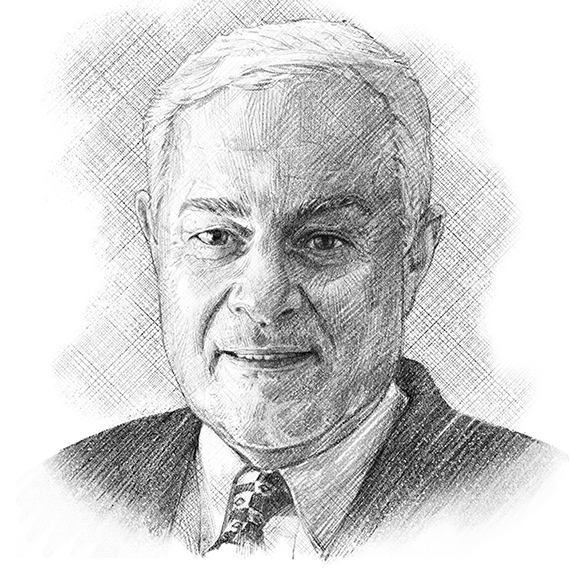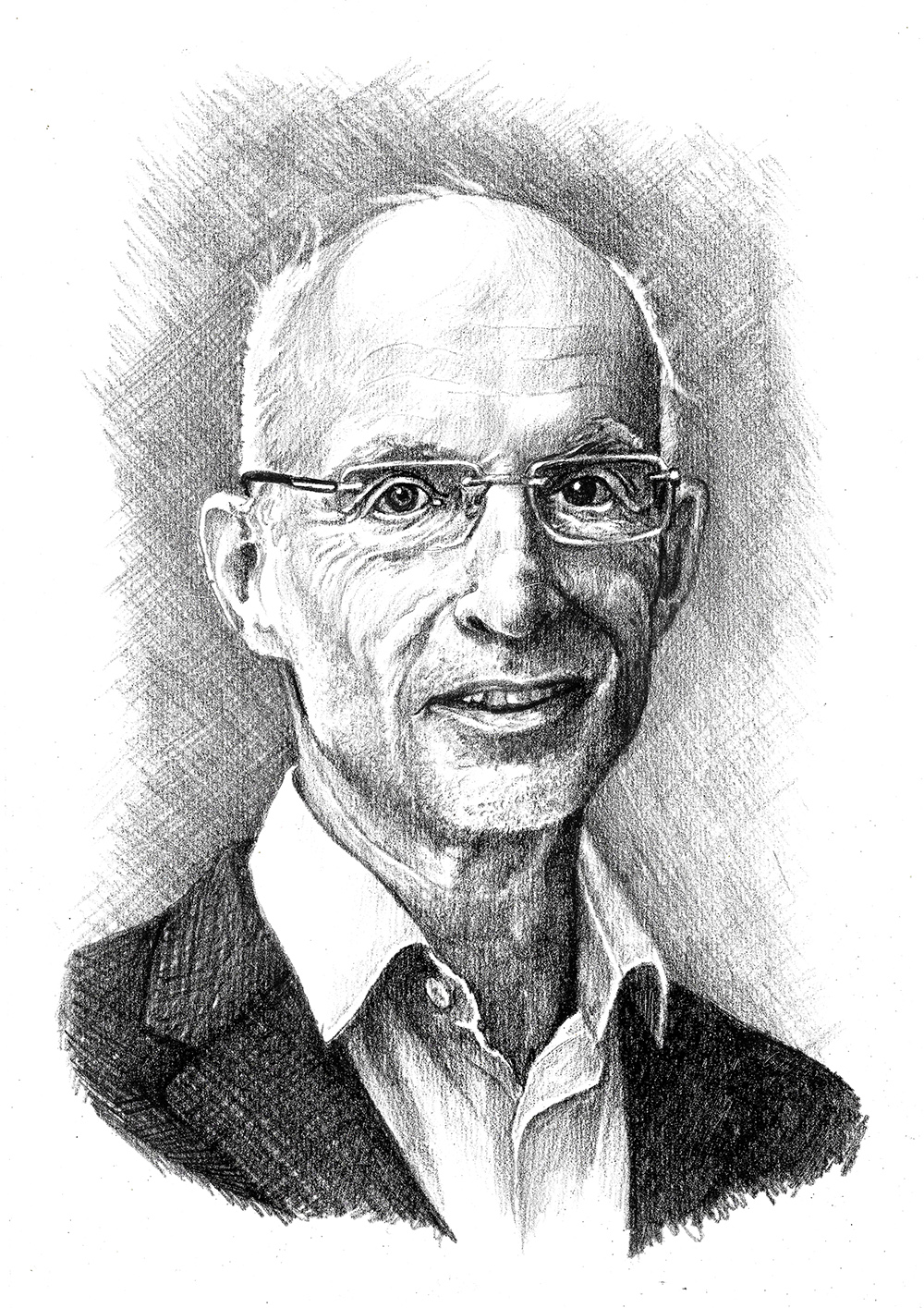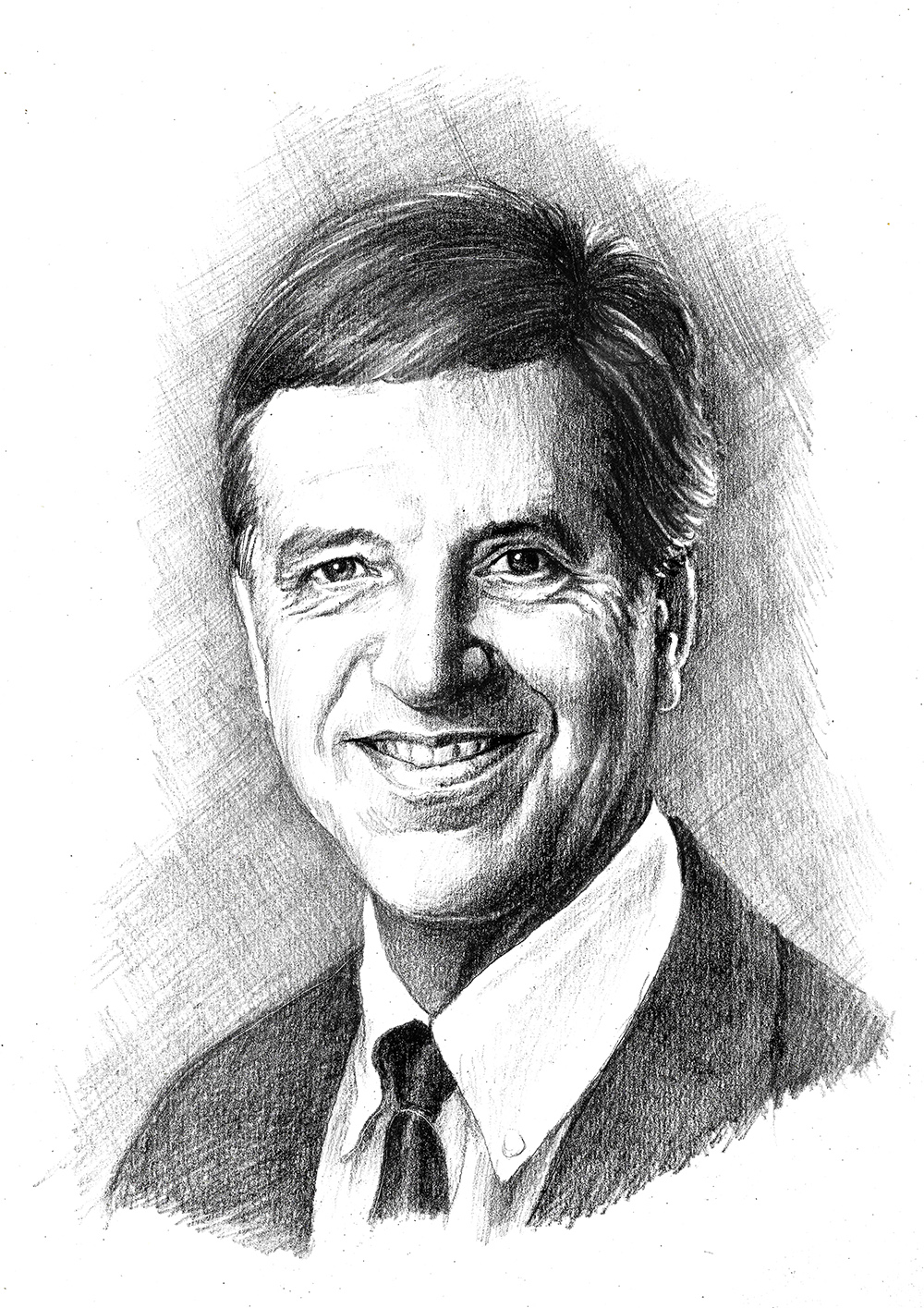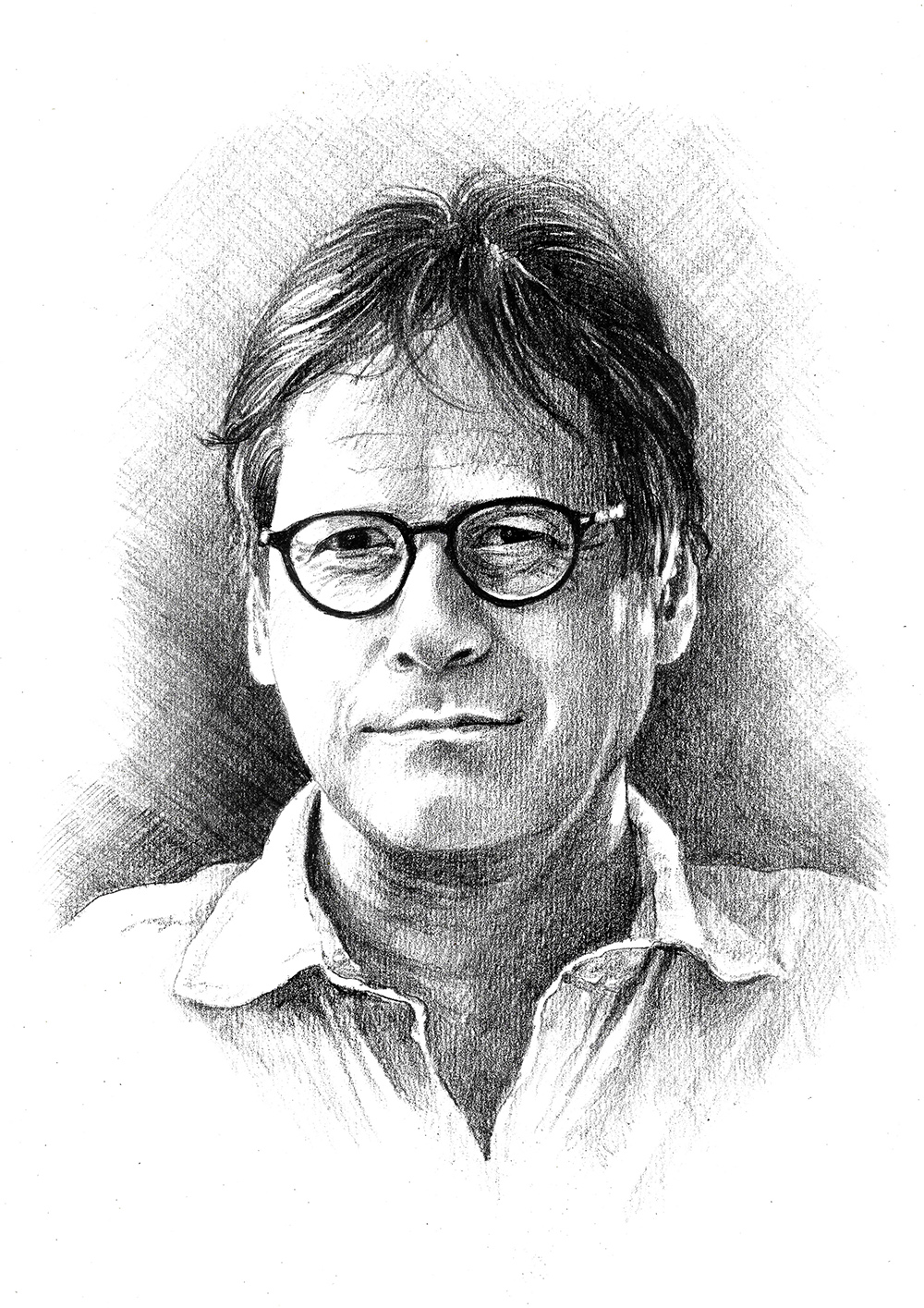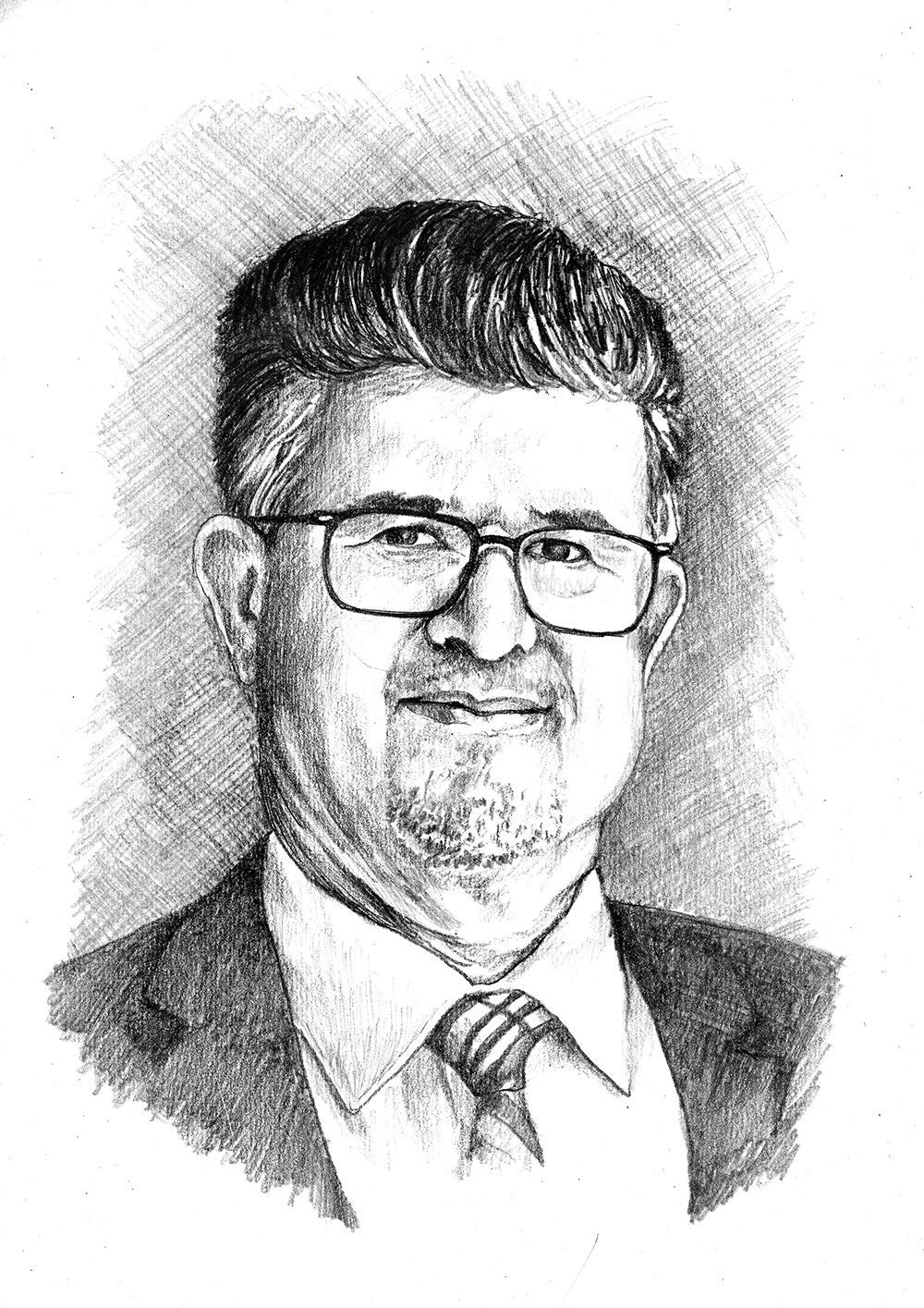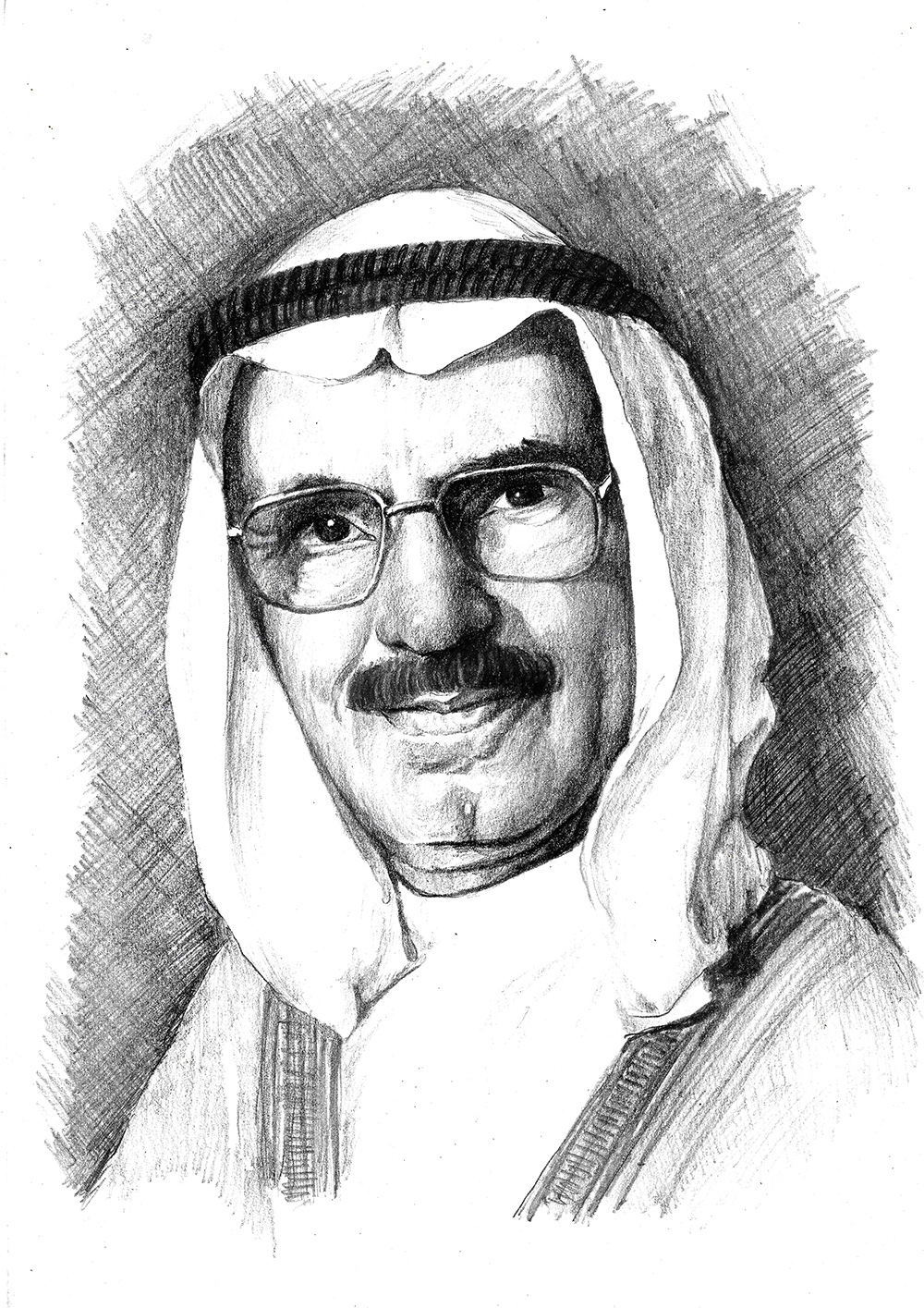Howard Yuan-Hao Chang received his undergraduate A.B. degree at Harvard College 1994, Ph.D. in Biology from MIT 1998, and M.D. from Harvard Medical School 2000. He completed Dermatology residency and postdoctoral training at Stanford University. Since joining the Stanford faculty in 2004, he earned tenure in 2008 and ascended to the rank of Professor in the Depts. of Dermatology and Genetics. Currently, Prof. Chang is the Virginia and D.K. Ludwig Professor of Cancer Research and Director of the Center for Personal Dynamic Regulomes at Stanford University, and an Investigator of the Howard Hughes Medical Institute.
Prof. Chang’s research has revealed the hidden information and logic of the noncoding genome, which comprise 98% of human DNA. RNA and DNA switches. He discovered a new class of genes, termed long noncoding RNAs, can control gene activity throughout the genome, illuminating a new layer of biological regulation. He invented ATAC-seq and multiple new methods for identifying DNA regulatory elements genome-wide and in single cells. These RNA and DNA switches decide when and where genes turn on and off, and have revealed mechanisms and targets in a plethora of human diseases, most notably in cancer, immunity, and development. His recent studies of extrachromosomal DNA (ecDNA) in cancer showed that ecDNAs are prevalent, arise early in cancer, and represent profound epigenetic dysregulation that leads to tumor heterogeneity, oncogene overexpression, and drug resistance. The long term goal of his research is to decipher the regulatory information in the genome to benefit human health.
Prof. Chang is a Member of the US National Academy of Sciences (NAS), National Academy of Medicine (NAM), and American Academy for the Arts and Sciences. Prof. Chang’s honors include the NAS Award for Molecular Biology, Outstanding Investigator Award of the National Cancer Institute, Paul Marks Prize for Cancer Research, Judson Daland Prize of the American Philosophical Society, and the Vilcek Prize for Creative Promise. His work was honored by the journal Cell as a Landmark paper over the last 40 years and by Science as “Insight of the decade”.
This biography was written in the year the prize was awarded.

